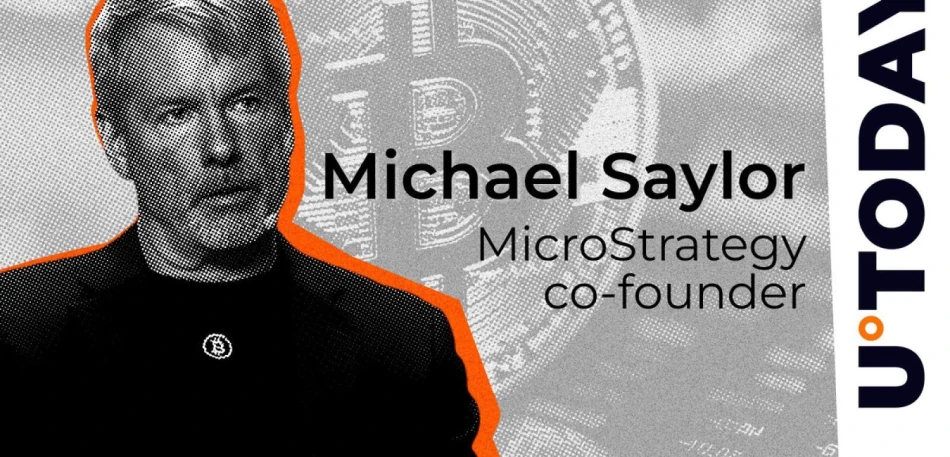
Saylor Shocks Crypto Community with Controversial Statement
Saylor Rejects On-Chain Proof of Reserves, Citing Security Concerns
Michael Saylor, co-founder of MicroStrategy, has dismissed calls for on-chain proof of reserves, arguing that such disclosures would create unnecessary security risks. He believes revealing wallet addresses and transaction histories could expose sensitive financial movements, comparing it to publicly sharing personal bank accounts or family contact details.
Security Over Transparency
When questioned about MicroStrategy adopting proof of reserves, Saylor responded unequivocally: "It's a bad idea." He maintains that transparency without accompanying audited liability disclosures is meaningless, noting that institutional security experts share his concerns about the practice.
Community Backlash
The stance has drawn criticism from cryptocurrency advocates who value Bitcoin's inherent transparency. Prominent Bitcoin commentator Stefan Jespers ("Whale Panda") countered Saylor's position, stating that transparency is fundamental to Bitcoin's design philosophy.
Alternative Approaches Exist
Supporters of proof of reserves highlight existing implementations like Bitwise's "proof of holdings" system and exchange transparency measures that maintain security. Saylor's resistance has fueled speculation about MicroStrategy's Bitcoin holdings and revived discussions about his company's past accounting issues.
Despite the controversy, Saylor remains committed to prioritizing asset security over meeting transparency demands from the crypto community.
Most Viewed News








